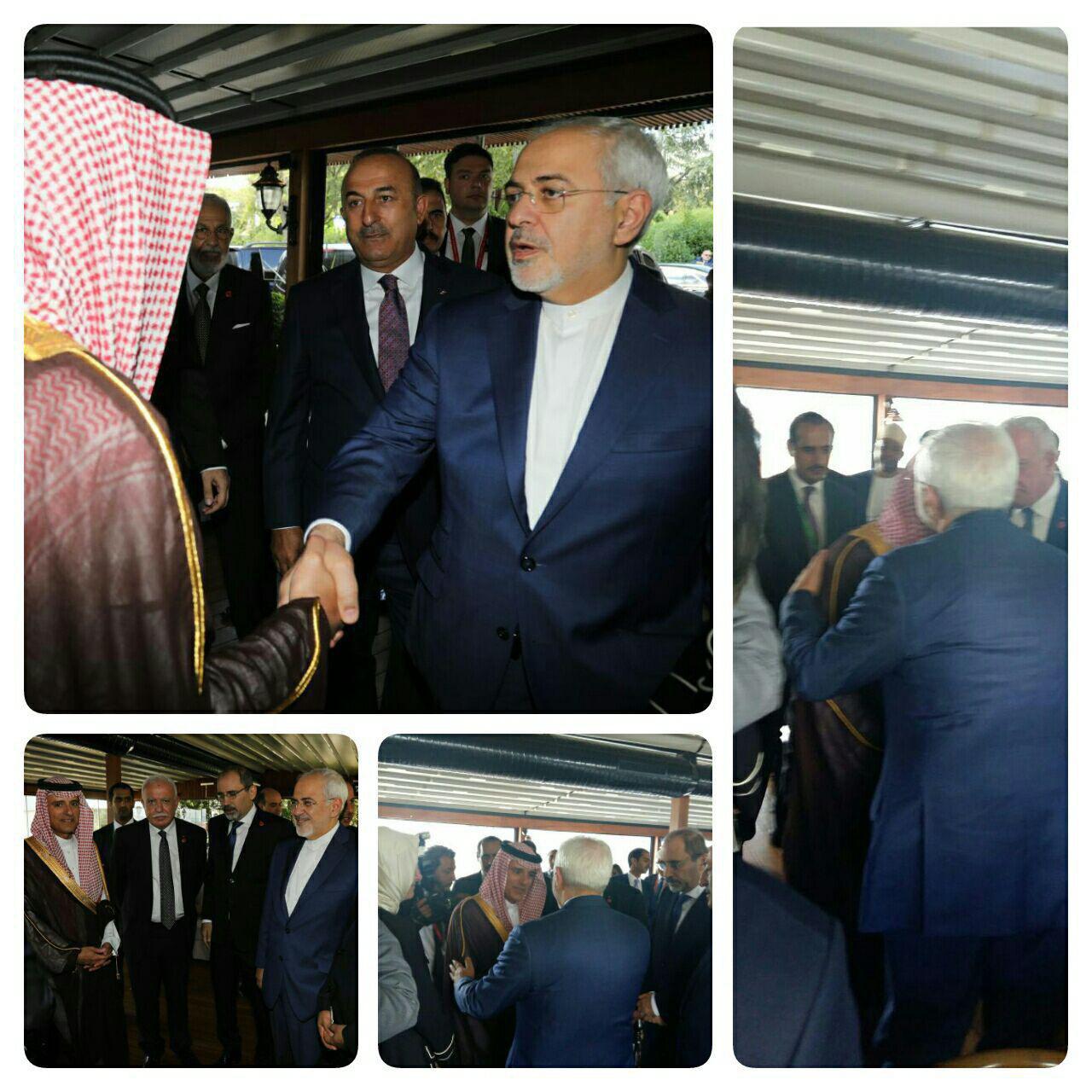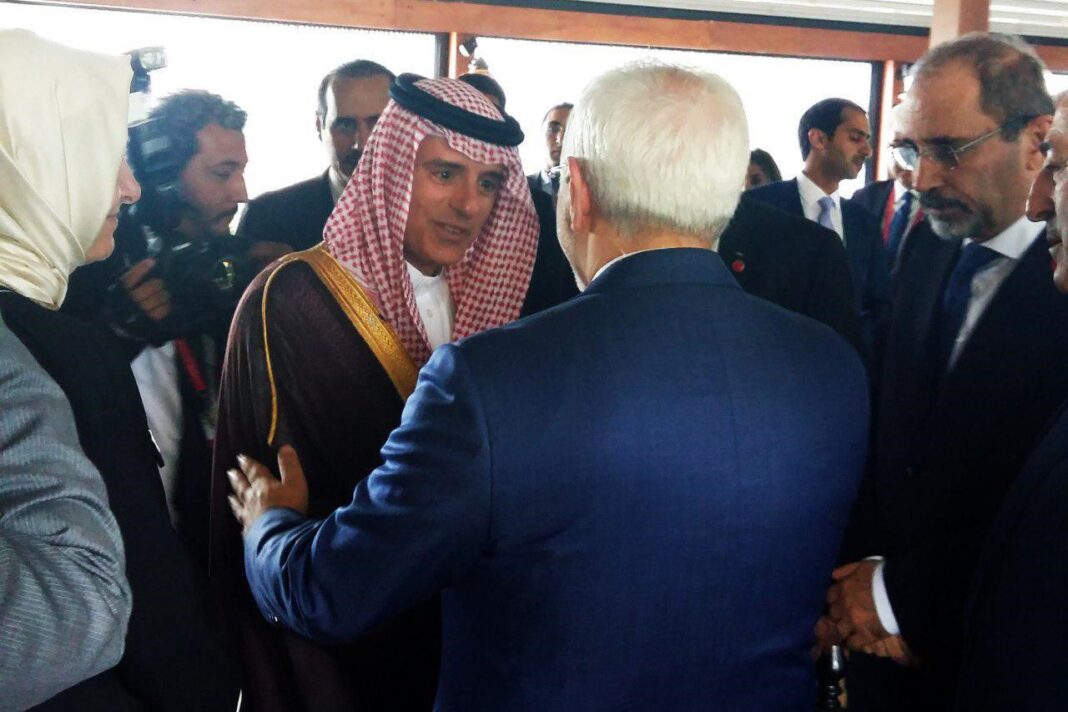As the first step towards easing tension between Tehran and Riyadh, tens of thousands of Iranian pilgrims are currently travelling to Saudi Arabia for this year’s Hajj pilgrimage.
Hajj officials from both countries held extensive talks on the participation of Iranian pilgrims in the largest international congregation of Muslims in the holy city of Mecca a couple of years after the tragic incidents in Mina and Tehran’s decision to stop sending its pilgrims.
In their discussions, they set the stage to keep the wall of mistrust between the two nations from going any higher.

The remarks recently made by Iranian Hajj officials also showed a positive atmosphere in relations between the two regional arch-rivals. Iran Leader’s representative in Hajj affairs Seyyed Ali Qazi-Askar hailed Saudi Arabia’s commitment to its obligations and said the Iranian pilgrims were well received by the Saudi side.
A few days ago, Iran also upheld the prison terms of those who had attacked the Saudi embassy in Tehran. The move, which was made ahead of the Hajj pilgrimage, can be described as a goodwill gesture by the Iranian side.
However, Saudis are also sending positive signals to the Islamic Republic. Saudi foreign minister has reportedly come forward to shake hands with his Iranian counterpart on the sidelines of the extraordinary meeting of the Executive Committee of the Organization of Islamic Cooperation.
The meeting was held in Istanbul, Turkey, on Tuesday focusing on the holy Quds and fighting Israel’s blatant violence against worshipers as well as the unprecedented limitations created by Israel for the presence of Palestinians at the al-Aqsa mosque.
The event coincided with the beginning of the Hajj season, paving the way for taking another key step toward détente in the crisis-hit Middle East.
Iranian Foreign Minister Mohammad Javad Zarif shaking hands with his Saudi counterpart Adel al-Jubeir can be as promising for Syrian and Iraqi war-stricken people and refugees as it can be disappointing for Israeli Prime Minister Benjamin Netanyahu!
